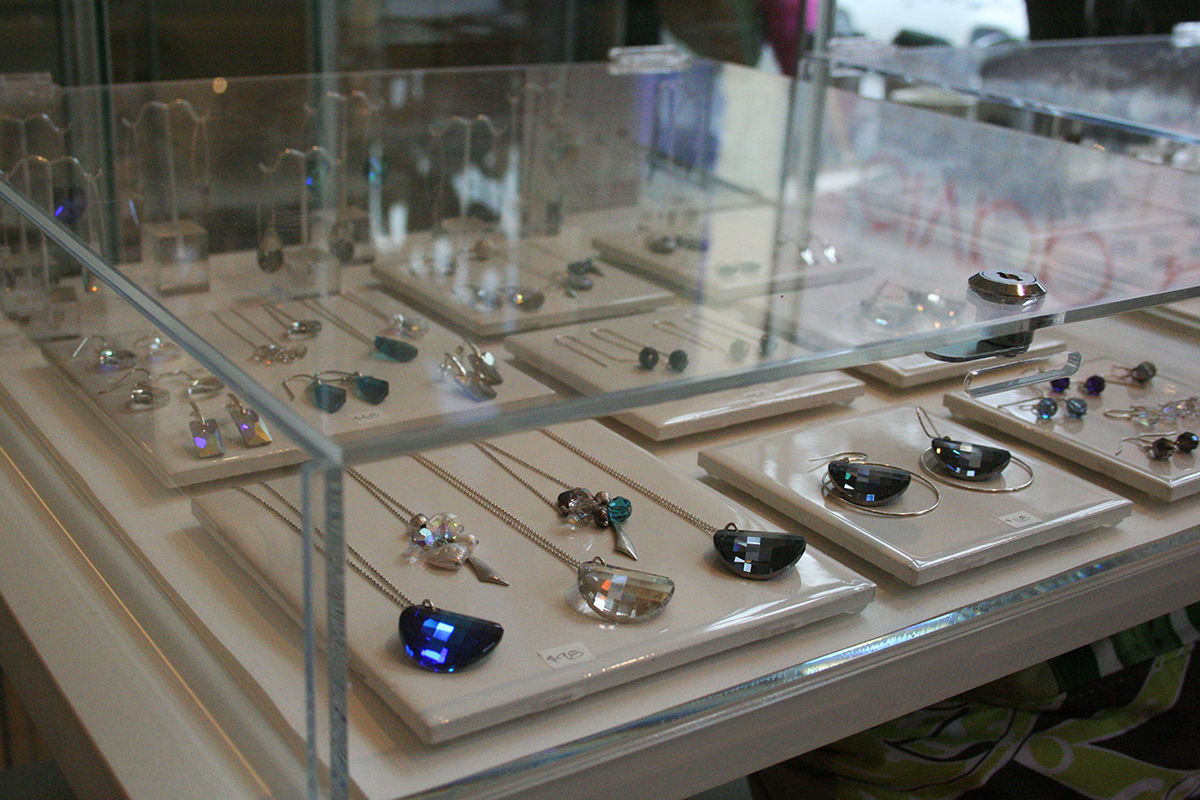Having a much different opinion from your peers can be challenging, intimidating, and sometimes downright isolating. David Lampert, co-founder of the Manitoba Men’s Network (MMN), will often hear men around him commenting that sexism is not a problem anymore, and while he has been threatened and asked to leave town for challenging this idea, he’s not the only one who thinks this way.
On Oct. 19, Lampert participated in the first session of an ongoing series of community forums called “MASKulinity: Truth, Lies, and Fairytales” at Klinic Community Health Centre. The forums are co-sponsored by the MMN and Project MEND: Males ENDing gendered violence, which works within the Sexual Assault Crisis Program at Klinic to “engage men and boys to take a stand against male violence against women and girls and to mobilize action that fosters equality, respect and solidarity.”
“[My] hope was that the majority of those in attendance would be men and secondly, that this event would spark discussion and engagement as well as provide some sort of momentum for action,” says Project MEND coordinator Nadia LaRosa.
Bringing men together to talk about their experience is key to inspiring a sense of personal responsibility, which can lead to larger systemic change, according to Lampert.
Lampert remarked that seeing more young men speaking up is “exciting, encouraging… It takes courage.”
“Men are isolated, they’re loners [ . . . ] We learned from the women’s movement. They said, ‘you need to get together, you need groups.’”
The forum on Oct. 19 also marked the first screening of a video, “Mending Voices,” created by Project MEND.
“‘Mending Voices’ is a video project aimed at capturing the thoughts and feelings of men in our community about masculinity, sexism, violence, and ways to resist participation in a culture that creates and condones a certain level of sexual violence,” says LaRosa.
The video brought together a diverse cast of men from the community: football players, musicians, university students, and educators spoke about messages they’ve received about masculinity and healthy manhood. They also considered the various issues that keep men from speaking out about violence against girls and women, and how they can be part of the solution.
The full video, as well as the individual interviews with the video participants, will be posted on YouTube, on Project MEND’s Facebook page, on Klinic’s website, and will also be promoted through Status of Women Manitoba. LaRosa hopes that other groups can also use this as a starting point to have similar conversations among younger and older men.
While gender roles and stereotypes seem to be “the exact same, everywhere you go,” an individual’s own ideas about masculinity—and their influences—are more nuanced, says Ian Neufeld LaRue, who was part of the video and also spoke on the panel on Oct. 19.
LaRue found his own role models “acting outside of [their] own gender roles” in a counterculture punk and skater community as a teenager.
“[I] was blown away by not having to be tough,” says LaRue. He also credits his parents’ support, and hopes that more parents can support their kids in this way.
“[Allow] them to be who they are; that’s really important.”
Panelist Jeremy Zloty, a student at the University of Manitoba, also spoke about his own experience seeking out role models. When he was eight or nine, he started looking up to other young black men.
“[They were] maybe a few grades up [ . . . ] I saw them as sort of a beacon of what I would become.”
“That’s how I would need to act, the way I would need to dress, the way I would need to talk,” says Zloty.
And for him, the stereotypical masculine roles were narrowly limited to rapper, football player, or gangster. He hoped that by speaking out as part of this forum, simply as a young person, and less professional than the other panellists, he could inspire more young men to do the same.
Other audience members could also relate to Zloty’s struggle to find healthier role models.
“A consistent idea of what a man is doesn’t really exist anymore [ . . . ] it’s just so confusing [ . . . ] it’s a total mess,” says Robin Bryan.
In order to clear up some confusion, the last half hour of the event was spent in smaller groups, seeking answers to the question: “What are some concrete actions that men can take on an individual level, in our relationships, in our communities, and in the broader world to end men’s violence against women?”
The forum organizers hoped that every man in the room could leave with at least one tangible action that felt possible for them. By the end of the afternoon, there was a wide range of possible solutions posted across the walls, including: start with ourselves, seek out positive people, ask for help, read books written by feminists, confront homophobia, educate ourselves about gendered violence, learn how to deal with emotions, and take violence out of the equation.
And above all, LaRosa hopes for more conversations on this subject.
“There is something very powerful about having the messaging come from other men [ . . . ] I feel pretty hopeful that the folks that attended will bring the video to their respective groups and begin the conversation there.”
The conversation continues with a second forum in the MASKulinity: Truth, Lies, and Fairytales series, to be held at Klinic on Nov. 20 from 7-8:30 p.m. Check out Project MEND on Facebook and YouTube. For more information about the Manitoba Men’s Network, email manitoba.mens.network@gmail.com. For more information about what men can do to stop gendered violence, visit http://www.jacksonkatz.com/wmcd.html.



